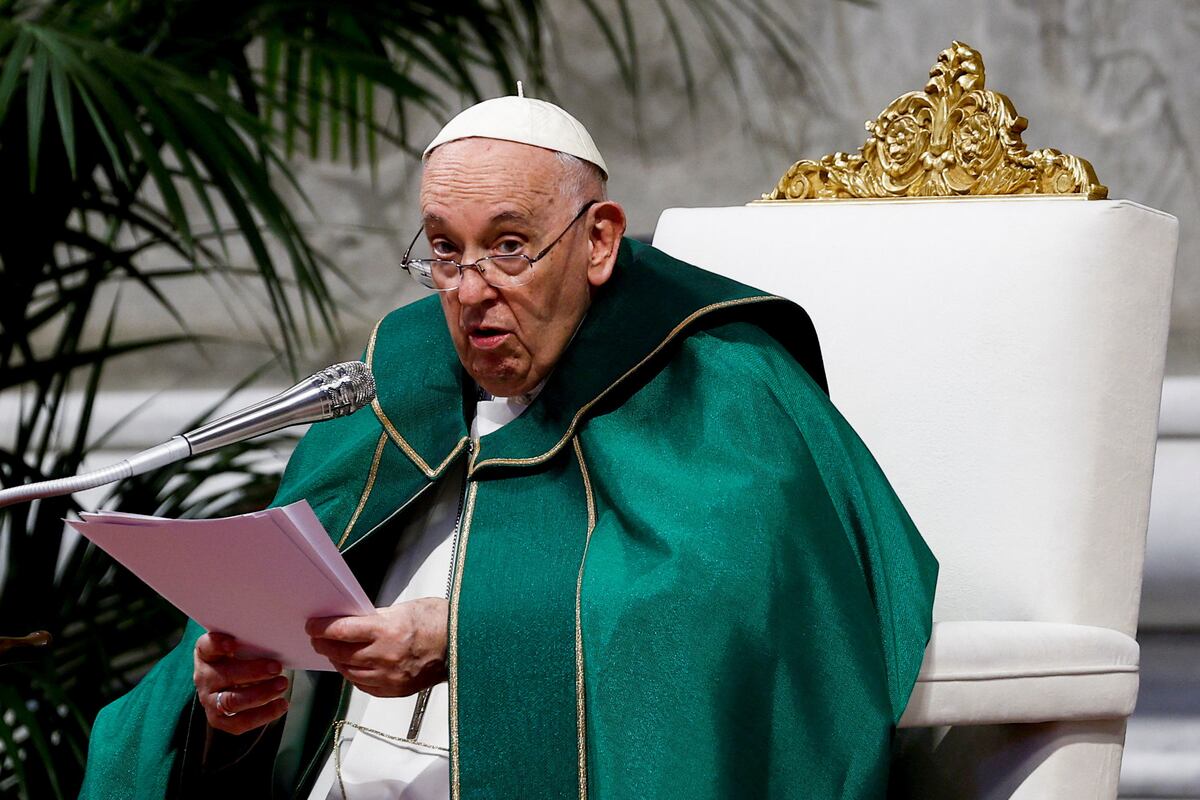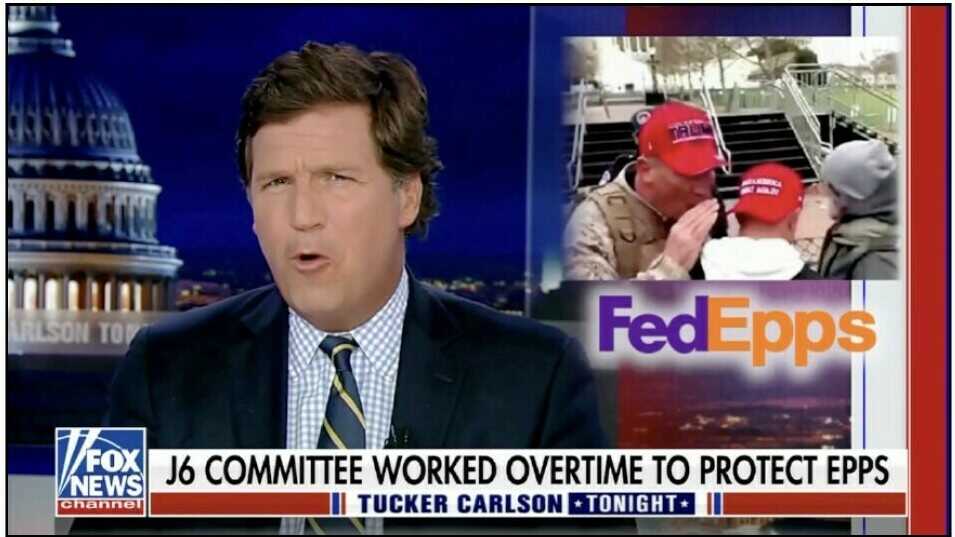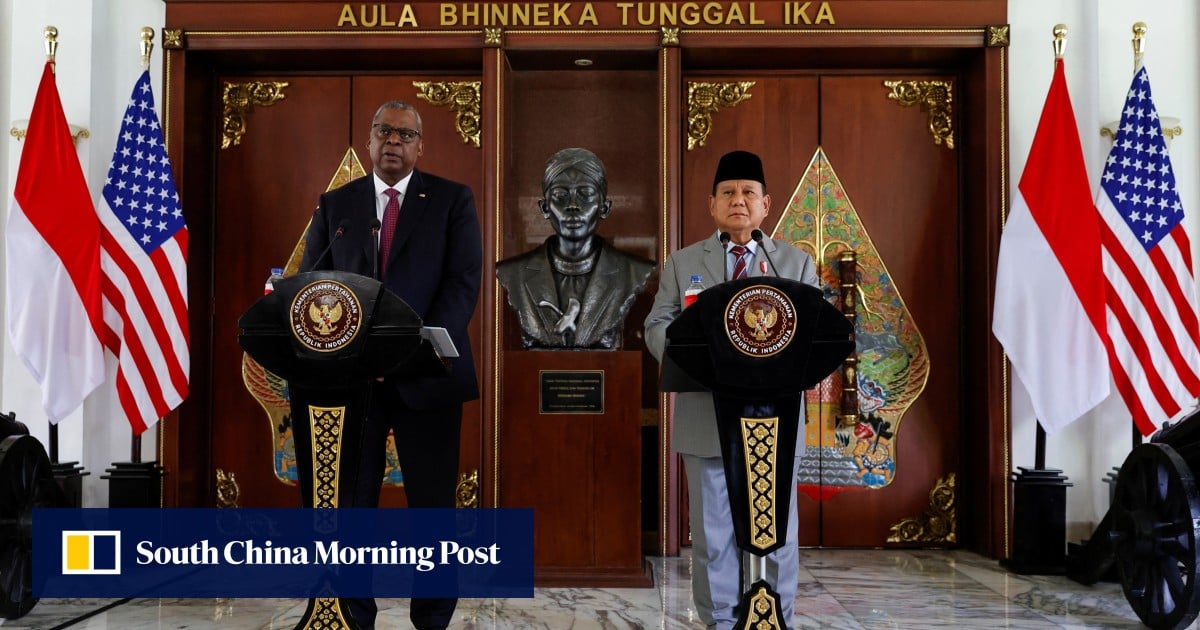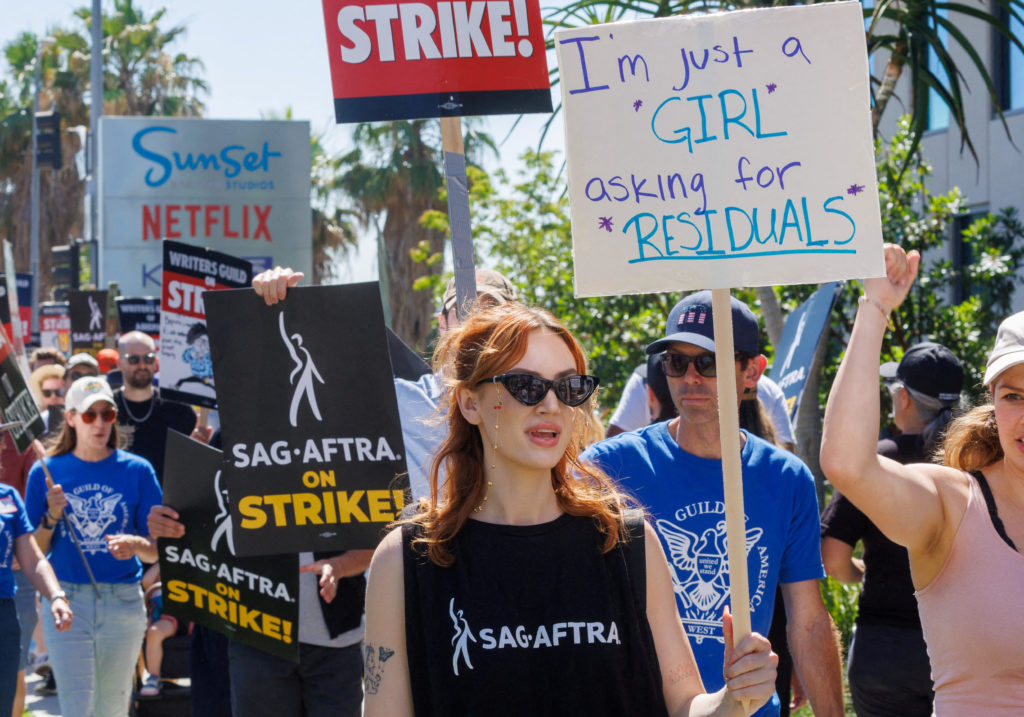The Future Of The Catholic Church: Pope Francis' Legacy And The Election Of His Successor

Table of Contents
Pope Francis' Impact on Church Doctrine and Practice
Pope Francis' eight-year pontificate has been a period of both significant reform and considerable controversy. His impact on Church doctrine and practice is undeniable, leaving a lasting legacy that will shape the future of Catholicism.
Reform Initiatives
Francis' papacy has been characterized by a strong emphasis on synodality, a process of shared decision-making within the Church. This approach aims to decentralize power and involve local communities more actively in Church governance. This push for greater participation from the laity is a key component of his reform efforts. Key initiatives include:
- Synodality and Decentralization: Pope Francis has repeatedly stressed the importance of listening to the voices of the faithful, particularly in local communities. This involves greater autonomy for dioceses and a shift away from a top-down hierarchical structure.
- Emphasis on Social Justice and Environmental Concerns (Laudato Si'): His encyclical Laudato Si' has had a profound impact on the Church's commitment to environmental stewardship and social justice. It calls for a renewed focus on protecting the planet and addressing issues such as poverty, inequality, and climate change. This has been a key tenet of his papacy, influencing Catholic social teaching globally.
- Changes to the Mass and Liturgical Practices: While not drastic, subtle shifts have been made to emphasize the communal aspect of the Mass and to simplify certain liturgical practices. This reflects a focus on greater accessibility and participation for all.
- Reforms within the Vatican bureaucracy (Curia): Francis has implemented significant reforms within the Vatican bureaucracy, aiming to improve efficiency, transparency, and accountability. This involved restructuring various departments and focusing on combating financial mismanagement.
Controversies and Challenges
Despite the positive reforms, Francis' papacy has faced significant challenges and controversies:
- Debates surrounding traditionalist viewpoints: His more progressive approach has sparked debates with traditionalist Catholics who resist changes to Church doctrine and practice. These disagreements often center on issues such as liturgical reforms and the interpretation of Catholic teaching. This represents a persistent tension within the Church.
- The handling of clerical sexual abuse scandals: The Church continues to grapple with the devastating legacy of clerical sexual abuse. While Francis has taken steps to address this crisis, criticism remains regarding the Church's response and accountability mechanisms. This is a deeply challenging issue that continues to impact the Church's credibility.
- Internal divisions within the Church hierarchy: The reforms have led to internal divisions amongst the Church hierarchy, with some resisting the Pope's progressive agenda. This internal conflict creates challenges for implementing lasting and widespread change.
- Responses to criticisms of his leadership style: Francis' leadership style, often characterized as more collaborative and less formal, has been subject to criticism from some quarters. These criticisms highlight the inherent difficulties of reforming a centuries-old institution.
Potential Candidates for the Next Papacy
The election of the next Pope, following the Conclave, will be a significant moment for the Catholic Church. Several Cardinals are considered potential successors, each with distinct theological viewpoints and political leanings.
Key Cardinals and Their Ideologies
Predicting the next Pope is always speculative. However, several Cardinals consistently feature in discussions:
- Cardinals aligned with Francis' progressive vision: These cardinals would likely continue and expand upon the reforms initiated by Pope Francis, emphasizing social justice, environmental stewardship, and synodality.
- Cardinals representing more traditionalist viewpoints: These cardinals advocate for a return to more traditional interpretations of Catholic doctrine and practice, possibly reversing some of the changes introduced during Francis' papacy.
- Geographical representation: The geographical distribution of Cardinals is also crucial. The next Pope might represent a different region or balance regional interests within the Church.
Factors Influencing the Conclave
Several factors influence the outcome of the Papal Conclave:
- The role of the College of Cardinals: The College of Cardinals, the body responsible for electing the Pope, plays a central role. Their individual theological positions and political leanings significantly influence the outcome.
- The influence of regional blocs within the Church: Regional blocs within the Church, such as the Latin American, European, and African Cardinals, often exert significant influence. Compromise between these blocs often shapes the election.
- The impact of public opinion and media coverage: While not directly influencing the vote, public opinion and media coverage can shape the context within which the election takes place. The media's portrayal of potential candidates can subtly impact the voting process.
- Potential compromises and unexpected outcomes: The Conclave is often a complex process of negotiation and compromise, resulting in unexpected outcomes.
Challenges Facing the Next Pope
The next Pope will inherit a Church facing significant challenges in the 21st century.
Secularization and declining Church attendance
The decline in religious practice, particularly in Western countries, poses a significant challenge. The next Pope will need to address:
- Declining religious practice: Strategies for revitalizing faith and attracting younger generations are crucial.
- Evangelization: Reaching out to those who have drifted away from the Church is essential for its future growth.
- Adapting to a changing cultural landscape: The Church needs to evolve its communication strategies and engagement methods to connect with a diverse and rapidly changing society.
Global Issues and the Church's Role
The Catholic Church's role on the global stage will remain crucial:
- Climate change, poverty, and migration: The Church's response to these interconnected global challenges is essential for upholding its social teachings.
- Political issues and global relations: The Church’s engagement with various political issues will significantly impact its relations with different governments and societies globally.
- Interfaith dialogue and ecumenical efforts: Continuing and strengthening interfaith and ecumenical relationships is crucial for promoting peace and understanding in a world increasingly divided.
Conclusion:
The future of the Catholic Church is inextricably linked to the legacy of Pope Francis and the election of his successor. While Pope Francis has overseen significant reforms and addressed crucial issues, the Church still faces considerable challenges. The next papacy will require a leader capable of navigating complex theological debates, addressing internal divisions, and engaging with a rapidly changing world. Understanding the future of the Catholic Church demands a close examination of these factors, leading to informed and thoughtful discussions. Continue exploring this crucial topic and learn more about the potential impact on the future of the Catholic Church by researching the candidates and their platforms.

Featured Posts
-
 Ray Epps Sues Fox News For Defamation Over January 6th Claims
Apr 22, 2025
Ray Epps Sues Fox News For Defamation Over January 6th Claims
Apr 22, 2025 -
 Closer Security Partnership Between China And Indonesia
Apr 22, 2025
Closer Security Partnership Between China And Indonesia
Apr 22, 2025 -
 Understanding Stock Market Valuations Bof As Advice For Investors
Apr 22, 2025
Understanding Stock Market Valuations Bof As Advice For Investors
Apr 22, 2025 -
 Hollywood Strike Actors Join Writers Bringing Industry To A Standstill
Apr 22, 2025
Hollywood Strike Actors Join Writers Bringing Industry To A Standstill
Apr 22, 2025 -
 Analyzing The Economic Fallout Of Trumps Policies
Apr 22, 2025
Analyzing The Economic Fallout Of Trumps Policies
Apr 22, 2025
